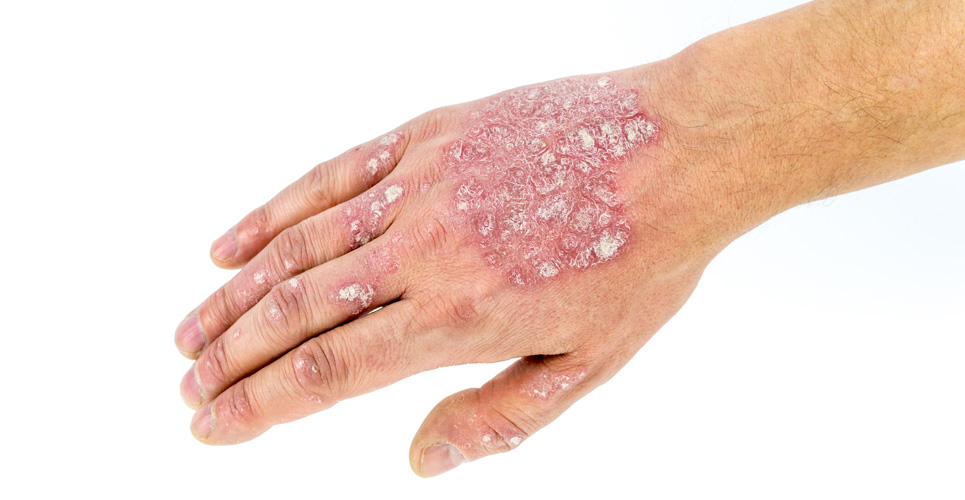teaser
Janssen-Cilaghave announced that Stelara (ustekinumab), the first in a new classof biologics, has been approved by the European Commission for useacross Europe.
The approved indication of ustekinumab is for thetreatment of moderate to severe plaque psoriasis in adults who failedto respond to, or who have a contraindication to, or are intolerant toother systemic therapies including ciclosporin, methotrexate and PUVA(psoralen plus ultraviolet A light).
With the approval by the EuropeanCommission, ustekinumab is approved in 27 countries in the EU.Psoriasis, a chronic skin disease that affects between two and threepercent of the European population, is associated with substantial physical and emotional burdens and potentially serious co-morbidities.
In clinical studies, treatment with ustekinumab demonstratedsignificant improvements in patients’ psoriasis and quality of lifewhich were sustained with as few as four injections a year (everytwelve weeks) following two starter doses at weeks 0 and 4.
Theapproval of ustekinumab offers adults living with moderate-to-severeplaque psoriasis a new therapy which has the potential to make aconsiderable impact on their daily lives.
The approval is based on data from two large, pivotal phase III,multi-centre, randomised, double-blind, placebo controlled trials involving nearly 2,000 patients in whom theefficacy and safety of ustekinumab in the treatment ofmoderate-to-severe plaque psoriasis were evaluated.
Two-thirds or more of patients achieved the primary endpoint of eachtrial, at least 75% improvement in psoriasis using the Psoriasis Areaand Severity Index (PASI 75) at week 12, after receiving just two dosesof ustekinumab 45 mg or 90 mg, respectively, at weeks 0 and 4. At week12, 66 percent to 76 percent of patients receiving ustekinumab 45 mg or90 mg doses, respectively, achieved PASI 75 compared with 3 to 4 percent of patients receiving placebo. The majority ofresponders receiving injections every 12 weeks maintained PASI 75response through up to 18 months
Rates of serious adverse events, including serious infections,malignancies and cardiovascular events, were low and consistent withthe expected background rates. The most common adverse reactions in phase III clinical trials were arthralgia, cough, headache, injectionsite erythema, nasopharyngitis and upper respiratory tract infection.Most were considered to be mild and did not necessitate discontinuationof therapy.
Find out more by clicking on the link below:

